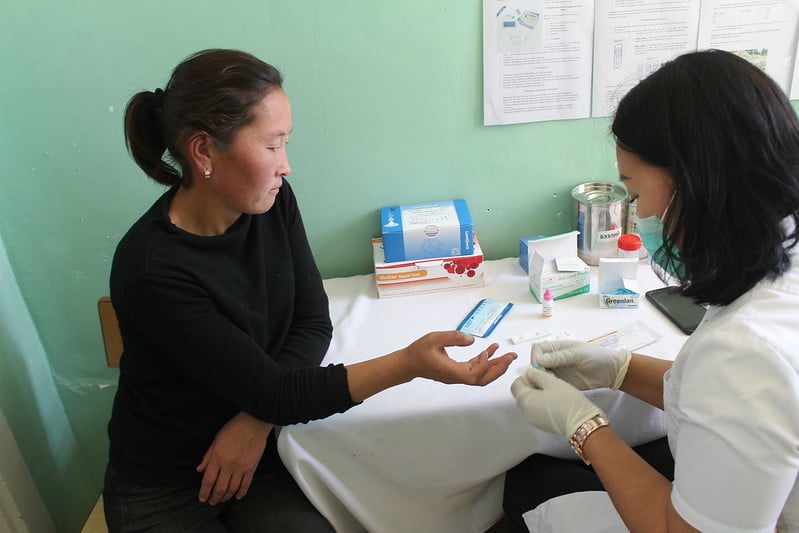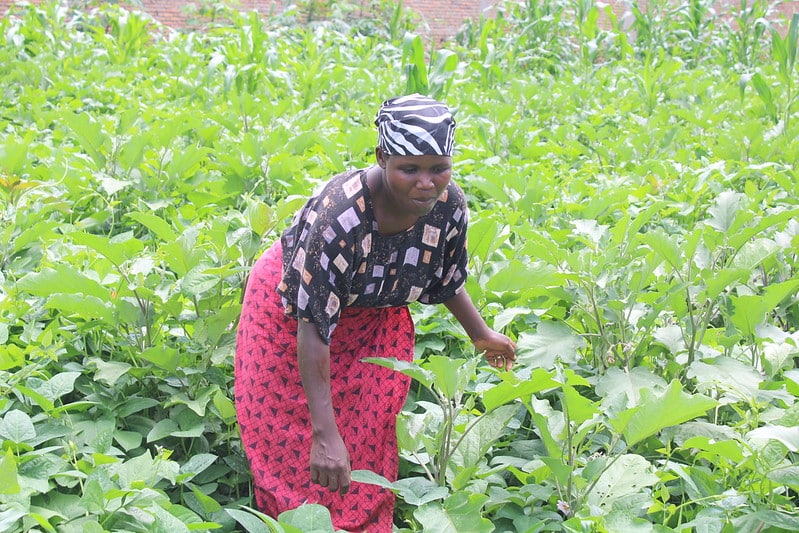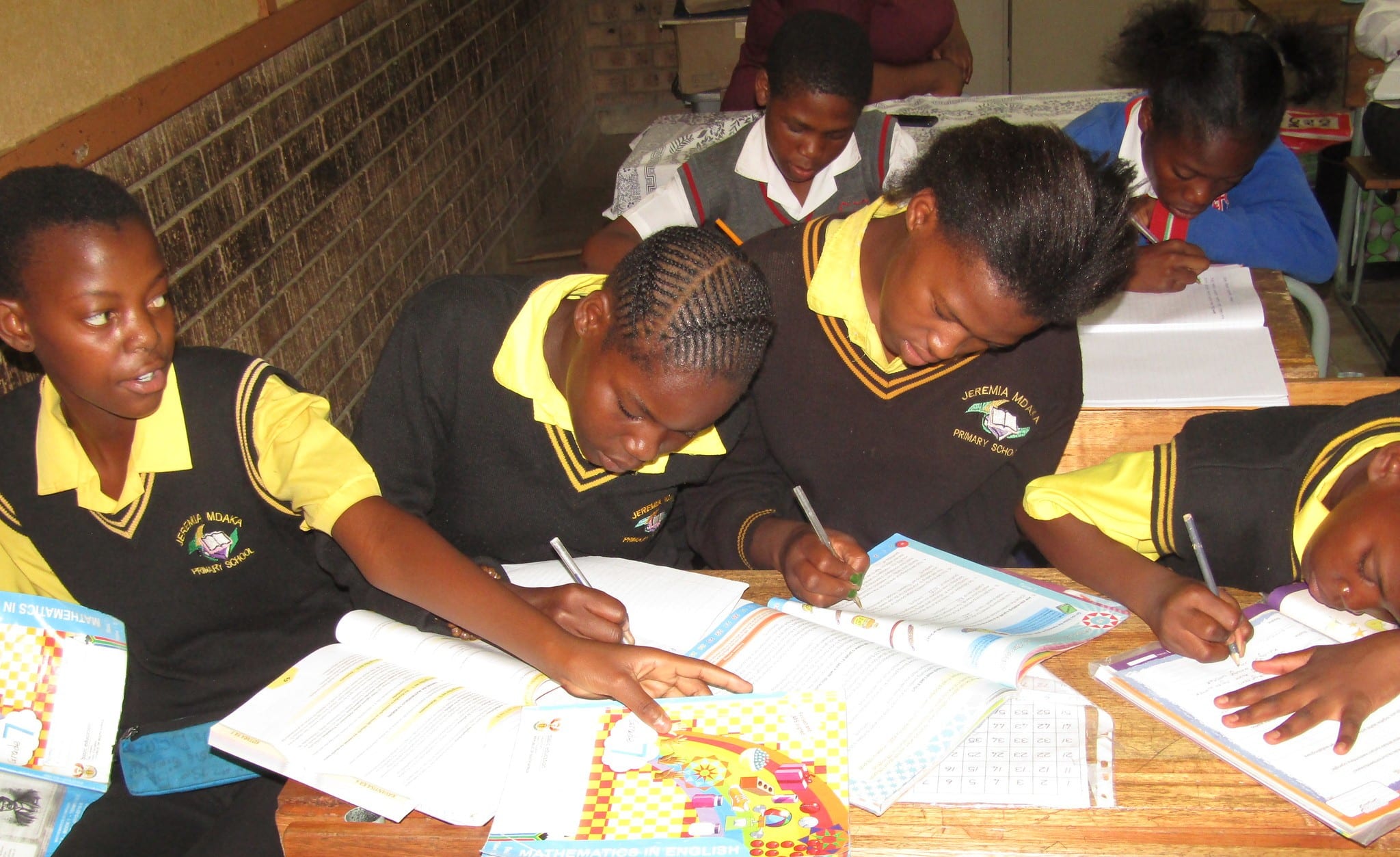They’re on the ground, working alongside beneficiaries of FXB programs to help them get out of the state of destitution and poverty they have known their whole life, and accompany them on the path to a dignified and fulfilled life; one they can be proud of, and one worth living through the eyes of their children and loved ones.
Since 1989, these dedicated men and women have been working tirelessly to lift out millions of people from extreme poverty all around the world. In an exclusive series, FXB managers take the floor and lift the veil on their work; a way for us to honour and pay homage to some of the 400 people who, every day, bring a little shimmer of hope to the lives of all those who, yesterday, had so little.
From Burundi to Mongolia or South Africa, FXB managers are unanimous: every single man, woman and child selected in an FXB program puts their heart and soul into getting out of extreme poverty and take charge of their lives with dignity.
Improving housing conditions and access to healthcare, providing three balanced meals per day, building houses and starting a farming business to generate a regular income: the progress made over the past 20 years by FXB beneficiaries around the world is spectacular. Today, FXB managers who accompanied them every step of the way talk about their beneficiaries’ greatest achievements, success stories that fill them with pride to work, on a daily basis, for the world’s most vulnerable populations.
Living with HIV, a daily struggle

In Africa, including in Burundi, Rwanda, and South Africa, FXB’s teams accompany beneficiaries in their fight against AIDS. As soon as they enter the FXBVillage program, beneficiaries voluntarily undergo several tests, including a serological test to know their HIV status.
Most people who test positive didn’t know they had the disease until that moment: “In this regard, my greatest pride lies in the thousands of lives saved. Women who were breastfeeding their babies were often unaware of the very existence of the virus, even though they’re infected and, of course, are transmitting it to their child,” says Gisèle Ndereyimana, director of FXB Burundi.
Training sessions on sexual and reproductive health, sexually transmitted diseases and HIV are conducted by FXB managers to sensitize beneficiaries to these essential issues. Gisèle Ndereyimana continues: “After their test, I accompany these women and their children in taking antiretroviral drugs, some of them since 2008. Today, their viral load is minimal”.
She also points out that infected children, thanks to the treatments they received, were also able to complete their secondary studies: “Some of them have even found jobs! »
Building a brighter future for their children
The VillageFXB model implemented by the association since 1991 – which has already benefited more than 100,000 people worldwide and whose methodology has been celebrated in numerous international studies – is based on the creation of “income-generating activities”.
Opening a small business (thrift store, sewing workshop, cabs…), selling fruits and vegetables on the market, etc.: all these activities, which beneficiaries are able to launch thanks to the seed capital provided by FXB, is critical to empower families and enable them to generate a regular income, put some money aside every month for rainy days and provide for the needs of their children.
In Mongolia, Erdenetuya Jambal, FXB’s program director, recalls the story of Odonchimeg, a 32-year-old single mother raising four children aged respectively 15, 13, 12, and 2.
She was helped by FXB, which first provided her with wheat flour, cooking oil and a refrigerator which allowed her to cook homemade pasta. Although she started her activity by hand, she was later able to buy professional equipment. Today, she makes three kinds of incredibly tasty artisanal pasta such as khumul, with herbs, carrots and onions; testament to the success of her endeavour, she hired two other women to help her grow her business.
Cultivating your own, self-sufficient garden

FXB also trains its beneficiaries in the best nutritional practices and in food self-sufficiency, teaching them how to grow private fruit and vegetable gardens, providing them with seeds and building efficient irrigation systems.
In Burundi, for example, FXB beneficiaries harvest cabbages, carrots, eggplants, white and red onions, tomatoes, leeks and peppers, as well as fruits such as papayas, avocados and mangoes throughout the year.
“Children are the most vulnerable, and yet, they are often malnourished and undernourished. Well-grown home gardens allow everyone to feed themselves three times a day,” explains Marie-Rose Arizeye, the manager of four FXBVillages in Burundi.
Going back to school

Now that they have enough to eat and sufficient energy to follow classes and do their homework, all the children participating in FXB programs are enrolled in school. Before entering FXBVillage programs, many families could not afford to send their children to school for various reasons; in most cases, they simply didn’t have enough money to cover tuition fees and buy the appropriate uniforms. Now, proud parents can once more look with joy at their children thrive at school thanks to FXB.
Erdenetuya Jambal recounts that thanks to her work, Odonchimeg, the single Mongolian mother, can now buy school supplies for her four children without any difficulty. “She used to always look sad. Now, she’s smiling again”.
Putting a roof over one’s head
Improving our beneficiaries” daily life also means adopting a healthy lifestyle and ensuring everyone has a roof over their head. In Burundi, Gisèle Ndereyimana explains: “All the beneficiaries of FXB are families living in extreme poverty. They are extremely poor in all aspects of life, and live in unsanitary and decrepit houses. To rehabilitate them, we teach our beneficiaries of the best way to keep one’s home in the best conditions, and provide them, for instance, with sheet metal to renovate the roofs and build toilets”.
FXB beneficiaries in Burundi are in the front-row to testify about FXB’s housing assistance: following the floods that devastated the province of Bujumbura Rural in 2018, about 50 destroyed houses were rehabilitated with safe and sustainable materials.
Gisèle concludes: “I am proud of all these women, some of them widows, who lived in extreme poverty, rejected and marginalized by society, and who are now, because of their efforts and unwavering dedication, proud of themselves and of the lives they lead. They have regained their dignity and are not afraid to express their feelings. I remember a woman who once told me, “Let me cry, these are tears of joy. It has been a long time since I was able to shed a single tear”.
Have these stories touched, inspired or moved you? If you would like to contribute to help men, women and children regain their dignity, their health, and their smile, you can support our work by making a donation to the FXB association.
